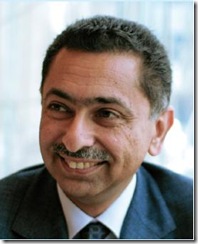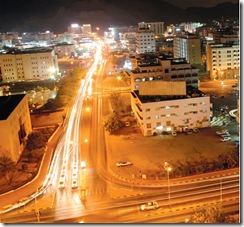Ihab Ghattas is a telecoms veteran in the Middle East region, having spent nearly 30 years working for the UAE’s incumbent operator Etisalat. In a new role as Huawei’s chief business development officer for MENA, he discusses with Michelle Mills the difference in the dynamic between working within a service provider from that of working within an equipment supplier, identifying insightful trends along the way

I know the network of the UAE like the back of my hand, because I built it,” declares Ghattas. The Egyptian national worked for Etisalat for almost 28 years where his responsibilities included introducing Next Generation Networks to the UAE, implementing wireline and wireless projects and assisting in the acquisition of Pakistan’s PTCL.
He believes this vast experience helps in his latest role with Huawei in understanding the needs of his clients. Having joined the Chinese equipment manufacturer in March 2007, Ghattas is based in Dubai and spends much of his time establishing key relationships with operators across the MENA region, as well as introducing enterprise solutions to non-telecommunications businesses.







